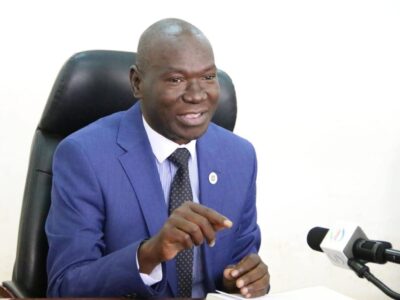The New Heritage Party has called for the strengthening of anti-discrimination laws to address tribalism in government appointments and policymaking.
Party Vice President, Samuel Kasankha, said Zambia, as a State Party to the International Convention on the Elimination of All Forms of Racial Discrimination (ICERD), has a legal and moral obligation to eradicate tribal and racial discrimination in both law and practice.
In a statement issued in Lusaka on Saturday, Kasankha noted that the Convention explicitly recognises tribalism as a form of racism and prohibits all forms of racial discrimination.
“Tribal discrimination in government hiring or policy decisions is difficult to challenge in court, as there is often no clear evidence that an appointment was made with discriminatory intent,” he said.
Kasankha observed that although Zambia’s ratification of ICERD signified its commitment to combating tribalism, the absence of specific legal instruments and weak enforcement mechanisms undermined this goal.
He called for the enactment of a dedicated anti-discrimination law, stronger oversight of public appointments, and judicial reforms to close existing legal loopholes.
“Without these reforms, tribal favoritism will continue to thrive unchecked,” Kasankha warned.
“Implementing them would align Zambia’s legal system with its international obligations and ensure that appointments and policies are truly free from tribal or racial bias.”
He cited Article 1 of ICERD, which prohibits discrimination based on race, colour, descent, or national or ethnic origin, and requires ratifying countries to take immediate and concrete steps to eliminate such discrimination.
Kasankha added that while Zambia’s Constitution prohibits discrimination under Articles 23 and 266, enforcement remains inconsistent due to the lack of a comprehensive anti-discrimination framework.
“There is currently no specific law that prescribes penalties for racial or tribal discrimination, leaving enforcement to general legal provisions,” he said.
WARNING! All rights reserved. This material, and other digital content on this website, may not be reproduced, published, broadcast, rewritten or redistributed in whole or in part without prior express permission from ZAMBIA MONITOR.












Comments